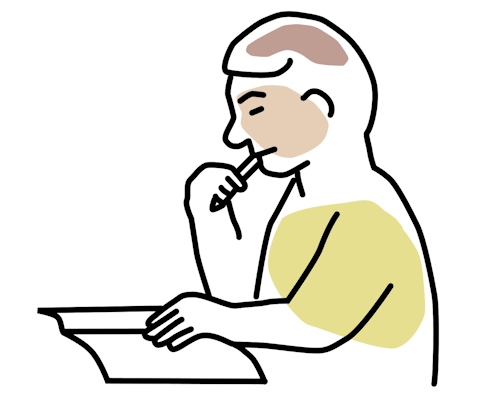Mobile phones
 Audio for slide 3 (mp3 |6|KB)
Audio for slide 3 (mp3 |6|KB)
Some companies have had to go to the extent of banning mobile phone use at work because employees were wasting too much time or abusing their privileges.
Below are some of the benefits of having a mobile phone at work, as well as some 'protocols', or rules, that should be observed.

 Audio for slide 4 (mp3 |6|KB)
Audio for slide 4 (mp3 |6|KB)
Benefits
1. Taking on-site photos
'A picture paints a thousand words'.
There are many times when an on-site photo of a fault or problem can save you a great deal of verbal explanation.
Photos can be downloaded and inserted into written reports, or simply sent as a message to the person who needs to see it.
You can also take photos of subfloor problems or moisture metre readings to keep on file as a form of evidence.
This lets you refer back to them later if the need ever arises.

 Audio for slide 7 (mp3 |6|KB)
Audio for slide 7 (mp3 |6|KB)
4. Storing information
Depending on the programs and applications you have loaded onto the phone, you can maintain your diary and keep your work schedule up-to-date.
Most phones will also let you store various types of files, so you can refer to important pieces of information when needed, such as installation details, Australian Standards, technical images, and so on.

 Audio for slide 8 (mp3 |6|KB)
Audio for slide 8 (mp3 |6|KB)
Protocols
1. Making calls
Just because you're capable of making a phone call whenever you want to, it doesn't mean you should use up valuable work time chatting to friends.
Don't use your phone for personal calls during work hours unless there are exceptional circumstances - it will irritate your workmates and annoy your boss.
Even when you do need to make a call, it's polite to do it away from others so that you don't disturb them - especially if you tend to talk loudly on the phone.

 Audio for slide 9 (mp3 |6|KB)
Audio for slide 9 (mp3 |6|KB)
2. Receiving calls
The same rule applies to receiving calls as making calls - only take work-related calls during work time.
Let all other calls go to your message bank, and ring the person back when you have a break.
If you're meeting with a client or having an important conversation, let every call go to the message bank unless you know it relates to an urgent matter.
Best of all, turn off the ringer while you're in the meeting so there is no disruption.

 Audio for slide 10 (mp3 |6|KB)
Audio for slide 10 (mp3 |6|KB)
3. Sending and receiving SMSs
Unless an SMS is work-related and needs to be dealt with on the spot, you should reserve your texting time to breaks and after hours.
Even then, most people consider it rude for someone to be sitting in general company and laughing at private jokes, especially if you're all having lunch together or are part of a group conversation.
The same applies to playing games on your phone. Wait until you're on your own to do this solitary activity.






 Go to
Go to